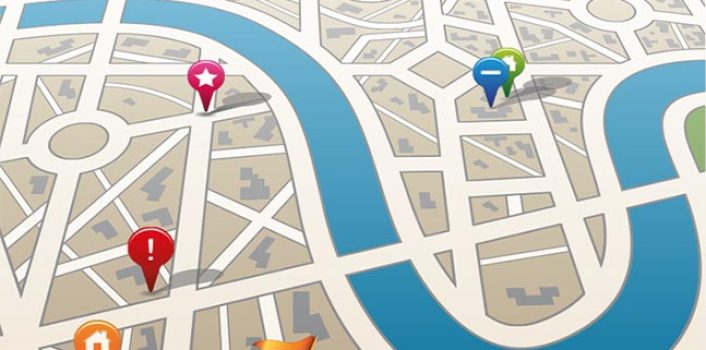Values: The Road Map for Life
Driving a car, once a watershed event that symbolized newfound freedom when we were adolescents, eventually becomes a mundane experience when we get older. The freedom has lost its thrill, and a car becomes instrumental in getting us places that we don’t necessarily want to go. Then we start to bemoan the frustrating experiences of driving a car, among which is getting lost or detoured when we expect to arrive on time. When you’ve been lost before, what did you do? Did you sit in your car and cry? Or did you stop to ask for directions, or figure out your bearings and google the directions on your phone? Or did you perhaps dig through the glove compartment hoping there was an old map in there somewhere?
When people come in to counselling, it’s like they’ve gotten lost metaphorically. Clients even use the word “lost” as it has great poignancy in a season of despair or struggle. Some people had a plan that looked good but ended up taking them straight into a dead end. Others knew where they were going at first but got detoured by events beyond their control, ending up in places they now have difficulty leaving. We can all relate to these experiences through the seasons of fear, confusion and loneliness that we go through in life. “Getting back on track” becomes the apt metaphor of finding our way back to living a meaningful and purposeful life.
A counsellor may be the one you stop to ask for directions from. He or she may help you to find the tools to go forward when you’re stuck, but what is the existential “road map” that you use to find our way back to happiness, the one that you will consult time and again to figure out where you are in relation to where you want to go?
That road map is within us. All of us possess it but few have discovered it, let alone learned to read and follow it. Yet those who stop to learn and follow their map persistently will find themselves happy, even amidst the pain of life. The compass “directions” on the map—like north or south, east or west—are our values. The goals aligned with our values are like the “destinations” we arrive at, that let us know if we are moving in the right direction. At the risk of belabouring the metaphor, if your plan is to head east, you must arrive someplace east, which could be Toronto (which is east of Vancouver, where we live). But even if you arrived at Chilliwack, you would know that you are heading in the correct direction because Chilliwack is east of Vancouver and on the way to Toronto.
“Stuck” or “lost” may look like a bout of depression, anxiety, addiction or some other perplexing condition you may be struggling with. A counsellor or psychologist may give you the strategies to overcome these difficulties, but applied in a vacuum, these tools still would not necessarily result in a rich, full and meaningful life; a pain-free life is not the same as a happy life, after all. As psychologists and counsellors, we liken therapeutic strategies to tools that fix a vehicle but don’t actually help you to drive the vehicle forward in a purposeful direction. This is why we begin working with every client with an exploration of his or her values, so that the tools they learn can be applied in the service of living a life rich with meaning and self-directed purpose.
The study of subjective wellbeing—or happiness, as it is popularly called—has shown that the happiest people on this planet are those who find ways to manifest their values every day in small and big ways. They may still struggle with their issues—for example, chronic pain, stressed relationships, or a propensity to be anxious—but no matter what, they live in deep fidelity to their value system. In doing so, paradoxically, without focusing on eliminating their problems, they enter into a deeper state of fulfillment and happiness. And they find along the way that their problems become smaller, less central to who they are or how they function, receding into the backdrop to join everything else in the “landscape” of their lives while they journey purposefully towards becoming more authentic. It is our hope that every client we work with will discover the truth of this for themselves.

